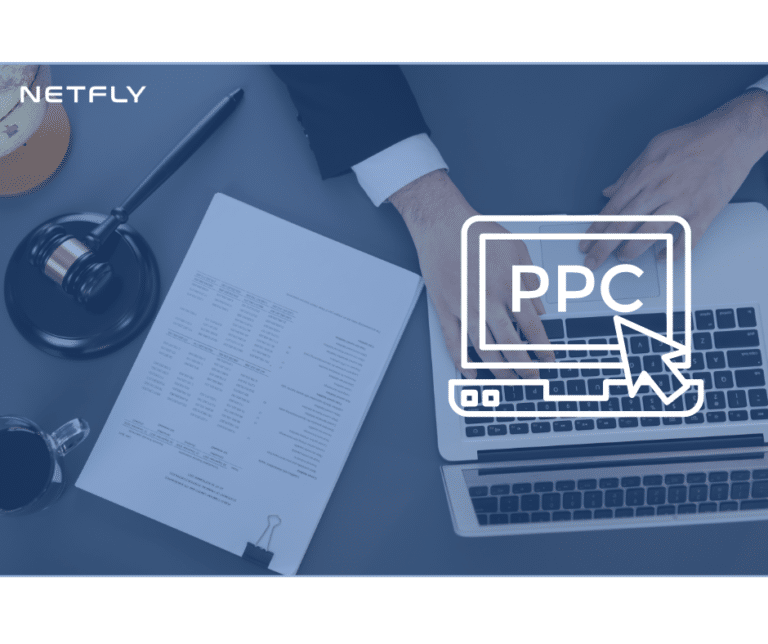Many legal firms are competing for customers, so you’ll need a strong SEO strategy to make yours stand out. SEO can be a complex and ever-changing process, but a few key aspects can significantly improve your firm’s online presence.
In this blog, we’ll go over the four most important aspects of personal injury SEO that can help you grow and sustain your legal practice and business. Read below to find out!
On-Page Optimization for Personal Injury SEO
By enhancing your website’s content and architecture, you can improve your search engine rankings through the practice of “on-page SEO.” Personal injury law companies should take into account the following on-page SEO strategies:
Keyword Research
To find out what terms your target audience uses to identify companies like yours, undertake keyword research before you start optimizing your website. Conducting keyword research can assist you in determining the type of content you should create.
Title Tags and Meta Descriptions
Title tags are the text in search engine results, while meta descriptions are the brief summaries that appear beneath the title. You need to optimize these components to incorporate your desired keywords and appropriately reflect the page’s content.
Title Tags
Using header tags (H1, H2, H3, etc.), you can organize the content of your website. They make it simpler for visitors to browse through your content and help search engines grasp the hierarchy of your content. Make effective use of header tags and include your chosen keywords in H1 tags.
Content Creation
One of the most crucial parts of on-page SEO is producing high-quality, helpful content. Search engines will reward you with a better page rank if your website has various valuable, relevant content. Include your target keywords, but make sure the piece is well-written, accessible, and instructive.
Off-page Optimization
Off-page optimization improves your website’s external aspects that might affect your search engine results. This can involve link development, social media management, and reputation management. Here are a few crucial off-page SEO tactics to consider for personal injury law firms:
Link Building
Link building refers to the method through which incoming links from other websites are collected. Personal injury attorneys can increase their click-through rate by proactively seeking out link connections or producing high-quality content that other sites will want to promote.
Social Media
Social media is a powerful tool since it can be used to get backlinks and build relationships with prospective customers. When you post social media content that others find useful, they are more likely to share it, which might result in backlinks. To increase traffic to your website, be sure to link it to your social media profiles.
Reputation Management
Keeping a careful eye on online conversations about your business and guiding them in a favorable direction is reputation management. On review websites, social media, and other online forums, reply to comments made about your personal injury law company.
Local SEO
Local SEO refers to the process of improving your website and online presence to rank better in search engine results for local queries. Here are a few crucial local SEO methods for personal injury law companies to consider:
Google My Business
For local SEO, it is essential that your Google My Business page is set up and optimized. Include information about your business in the GMB listing, such as its address, phone number, and hours of operation. You can also include reviews, videos, and other content, which may make your listing stand out in search engine results.
Targeting Local Keywords
The content, meta tags, and other on-page features of personal injury law firms’ websites should highlight local keywords. For instance, if you’re a personal injury attorney in Miami, Florida, you should use phrases like “Miami personal injury lawyer” throughout your content and meta tags.
Technical SEO
Technical SEO refers to the practice of enhancing your website’s technical features to increase your search engine rankings. Here are a few essential technical SEO methods to consider for personal injury law firms:
Mobile Optimization
A website accessible through mobile devices is crucial for injury law firms. The layout of your website should accommodate users with smaller displays. Google’s mobile-first indexing approach gives mobile-friendly sites a boost in the search engine giant’s results pages, so your site must be mobile-friendly.
Website Speed
Page load times are also essential in terms of technical SEO. No matter how well-designed your website is, it will not perform well in search engine results if it takes too long to load. By optimizing pictures, minifying code, and utilizing a content delivery network, personal injury law firms can increase the speed of their websites.
Website Structure and Navigation
A well-structured website with clear navigation makes it easy for both search engines and visitors to understand the content of your website. Websites for personal injury businesses should be well-structured and intuitive, with descriptive headers, labels, and links. In this way, search engines and users can easily navigate your site and locate the information they need.
Key Takeaways
SEO is a must for personal injury law firms who want to establish an online presence in the market. Websites for legal services can increase their visibility in search results and get new clients via local SEO, technical SEO, and on-page optimization tactics. Personal injury victims require quick and efficient legal representation, and a strong SEO campaign can put your firm in front of them, making it easier for them to find and contact you.
It’s important to remember that SEO is a continuous process. Law firms should regularly review and update their website and online presence to ensure they are always aligned with the latest search engine best practices. Spending effort optimizing your website and online presence can keep your personal injury law company in the minds of those looking for legal counsel in your area of practice at all times.










